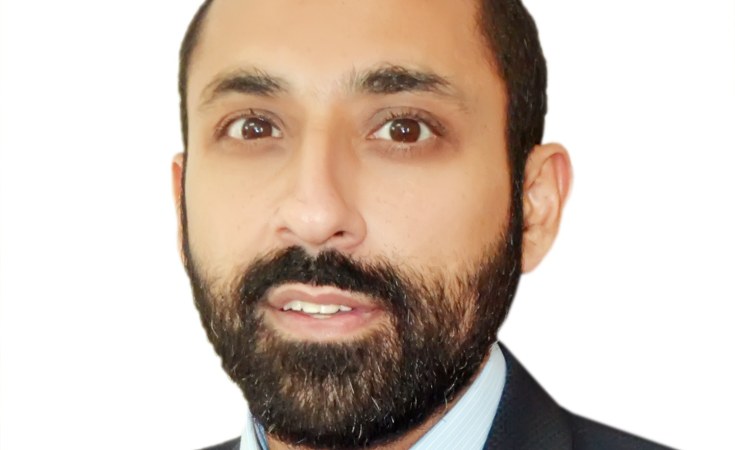Although the light bulb was invented over a century ago, an average of 7 in 10 people still live without access to energy in Africa’s 54 countries. As leaders gather in Durban next month at the World Economic Forum on Africa, among the most important topics will be closing the energy gap. If projections hold and investment remains as it is today, then another 500 million will live in darkness by 2040. Where irregular power is the norm and sunset means darkness, the consequences are extreme – children can’t do their homework at night, clinics can’t refrigerate essential medicines, and economic growth is crippled.
Solar has always been the “power of the future.” With over 11 terawatts of solar potential, for vast stretches of Africa, that future is here now. Although the African solar sector has expanded rapidly with a number of firms distributing solar home systems, its true potential has been limited. For solar power to be seen as more than a substitute for the grid, we need to move from a product-based to platform- based model, and develop more innovative technology and payment solutions to facilitate the growth of commercial-scale solar power. To be truly revolutionary, the solar industry in African markets needs to evolve from a small-scale consumer product to a driver of economic transformation.
To unleash solar’s vast developmental potential, energy companies must adopt an approach that reflects larger marketplace trends in service delivery. When we shift from seeing solar power as a product to seeing it as a service, we can imagine new ways to integrate technology, infrastructure, and business processes; gain valuable insights that can drive further innovation; and accelerate rates of adoption across the region. Given the absence of local data, shifting to the “as-a-service” model gives service providers a way to better understand energy generation needs and consumption trends, helping them match the demand for power. Shifting to a solar model that emphasizes service over products helps support the large businesses rather than just individual customers.
The current focus on product over service-delivery systems means that most solar companies fail to generate sufficient power for the businesses that will propel Africa’s economies forward. During Nigeria’s latest fuel shortage, banks shortened opening times, flights were cancelled, and phone companies restricted services. Current solar products which focus on small-scale solutions, can light up small businesses and power small appliances, but they falter when catering to larger clients that urgently need renewable, cost-effective, and reliable solutions to expand and grow. A systems-based approach to solar recognizes that providing solar power at a scale that can power economies requires shifting from one-size-fits-all, one-time sales of expensive solar systems towards integrated, customized solar systems.
Additionally, although solar technology is quickly becoming more affordable, biases in current payment models are slowing its expansion in Africa. According to McKinsey and Company, by 2030, solar will be the cheapest or second-cheapest domestic energy source in more than half of sub-Saharan African countries. Currently, the most active solar markets in the region are in East Africa, where the popularity of mobile money and phone payments has helped fuel growth. The current Kenyan model, which collects power fees via mobile-money pioneer M-Pesa, is hard to replicate in other parts of the continent, where mobile money has been slower to take off. Due to the dominance of owner Safaricom, two-thirds of adult Kenyans now use M-Pesa to transfer cash. In places like Nigeria, which only processes $25.1 million in mobile money annually—a figure dwarfed by Kenya’s annual $30 billion in transactions — we must develop more scalable payment solutions that move beyond the mobile money model.
Africa’s solar industry needs to follow the footsteps of other industries that are disrupting the ways we think about, pay for, and use technology. From Zipcar to Uber to Salesforce to Amazon Web Services, more companies have shifted from selling products as a one-time transaction to providing systems and services that drive quality and innovation. Product-focused businesses only become transformative by building platforms. More investors should focus on investing in the systems and services —that’s the real secret to enhancing energy access.
Sasha Israni is the founder and Managing Director of the Royal Power Group of Companies, an integrated power solutions provider in Nigeria.


